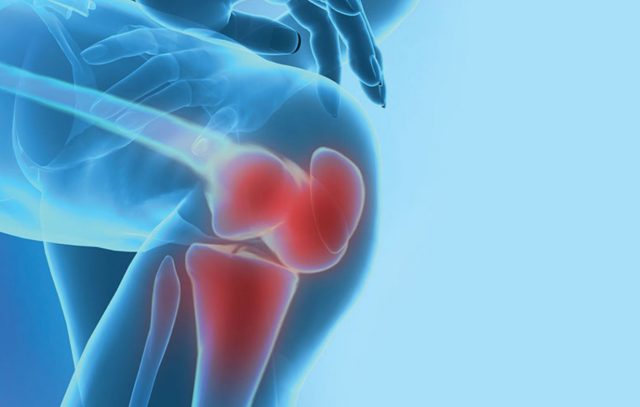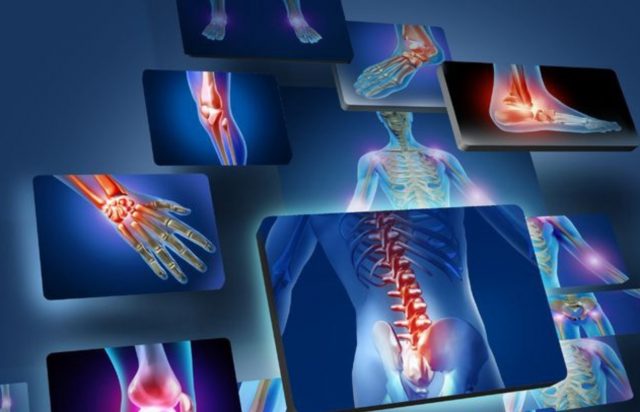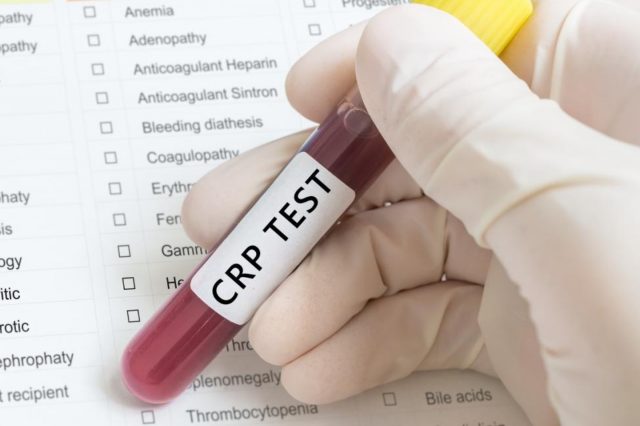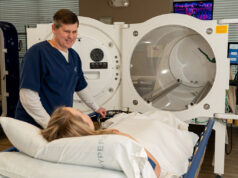
One of the most commonly reported autoimmune diseases is rheumatoid arthritis. In this condition, the patient experiences joint pain and difficulty during the movement of joints. It is noticed that the joint pain caused by the rheumatoid is seen on both sides of the body. If we talk about the stages of rheumatoid arthritis (RA), then there are four that are listed below:
Stage I – Early RA
Stage II – Moderate progression
Stage III – Severe progression
Stage IV – Terminal progression
When it comes to differentiating this condition from other bone-related diseases, doctors follow a pattern. In the case of rheumatoid arthritis, it is seen that if the joint of one arm or leg is affected then the other one will most probably get affected too. This is what differentiates RA from other conditions like osteoarthritis.

Classification of Rheumatoid Arthritis
There are four classifications provided by the rheumatologists for this condition:
Class I – People with class I RA can completely perform day to day functions
Class II – In this class, people can perform personal and work activities but are limited when it comes to sports and outdoor activities.
Class III – People with this class can do personal stuff but are limited with work and other activities.
Class IV – Class IV people can only perform limited personal work.
Symptoms
The common symptoms seen in patients with rheumatoid arthritis include inflammation and pain in joints. Besides this, swelling and stiffness in joints may also be seen. In severe cases, deformity in the joints and loss of joint function is noticed.
It is advised not to ignore if you are experiencing any of these symptoms as doing so could be harmful. It is always important to detect early signs of RA and get advice from a specialist. This will help prevent any serious complications and quick recovery may be seen.

How it is Diagnosed?
Pathological lab tests play an important role in diagnosing rheumatoid arthritis but, the specialist will start with the physical examination. After identifying the symptoms, the doctor will suggest certain general and specific lab tests.
If we talk about the physical examination, then it will include:
- Looking for swelling and redness
- Examination of joint function and range of motion
- Touching of affected joints to monitor the tenderness and warmth
- Examination of muscle strength and reflexes
Remember, different tests are performed to confirm whether the person is actually suffering from RA or not. This is because no one test can confirm this. In certain cases, imaging tests like MRI scan, ultrasound, or X-ray are also performed. One of the reasons why so many tests are performed is to check the extent of the condition.
Before we move ahead, let us have a look at some of the blood tests that your doctor may ask you to get.
Required Blood Tests

Rheumatoid Factor (RF Factor)
“Rheumatoid factor” protein is checked in the blood by performing this test. Elevated levels of this protein indicate the occurrence of autoimmune diseases like RA.
Anticitrullinated protein antibody test (Anti-CCP)
This test is known to be more specific when compared to the one discussed above. Anti-CCP test looks for antibodies in the blood that are generally seen in patients with RA. It is noticed that people with anti-CCP positive tests most commonly have RA.
Antinuclear Antibody Test
An antinuclear antibody test is done to identify the antibodies produced by our body in response to rheumatoid arthritis.

ESR
Erythrocyte sedimentation rate helps detect the presence of inflammation along with the extent to which it is present in the body.
C-Reactive Protein
The liver makes C-reactive protein in response to a severe infection or significant inflammation. Thus, the presence of this protein along with results of other tests can confirm whether RA is present or not.
The Treatment
In certain cases, it is seen that people with rheumatoid arthritis prefer undergoing surgery to reduce pain and improve quality of life. The most common surgery for RA is known to be knee replacement surgery. It involves the use of certain orthopedic implants and instruments.
To get world-class quality orthopedic implant and instruments visit www.siiora.com.
Besides surgery, other treatment methods are also there to manage this autoimmune disease. In most common cases, regular medication is the way of treatment that is preferred. Apart from this, alternative or home remedies may also be indicated. This could be characterized by dietary changes and specific types of exercises.
Getting correct treatment at the early stages of this condition will prevent long-term complications.

What are the Home Remedies for RA?
Considering these home remedies might improve the quality of life of people with rheumatoid arthritis and it may also result in better effectiveness of the medication.
Exercise
Regular low-impact exercise as suggested by the specialist can increase mobility and improve the range of motion. Considering this will also strengthen muscles and make you feel better.
Enough Rest
Along with exercise, having enough rest also plays a key role in the management of RA. Getting rest will reduce the inflammation & pain.
Heat or Cold Application
The application of ice packs on the joints is also suggested as a home remedy to reduce pain and inflammation.
Use of Assistive Device
To hold joints in resting position, assistive devices like splint and braces can be used plus, devices like canes and crutches may also be used for maintaining mobility.

The Bottom Line
If unnoticed, rheumatoid arthritis could cause serious complications and the patient may suffer extreme pain in joints. Thus, it is very important to seek specialist’s advice and follow the guidelines. It is an autoimmune disorder that occurs when our immune system starts functioning against our body. It is always good to detect early symptoms of RA and start taking appropriate measures before something serious occurs.
In this post, we have discussed all key information on rheumatoid arthritis including its symptoms and medication. We hope this information must have been useful to you.














